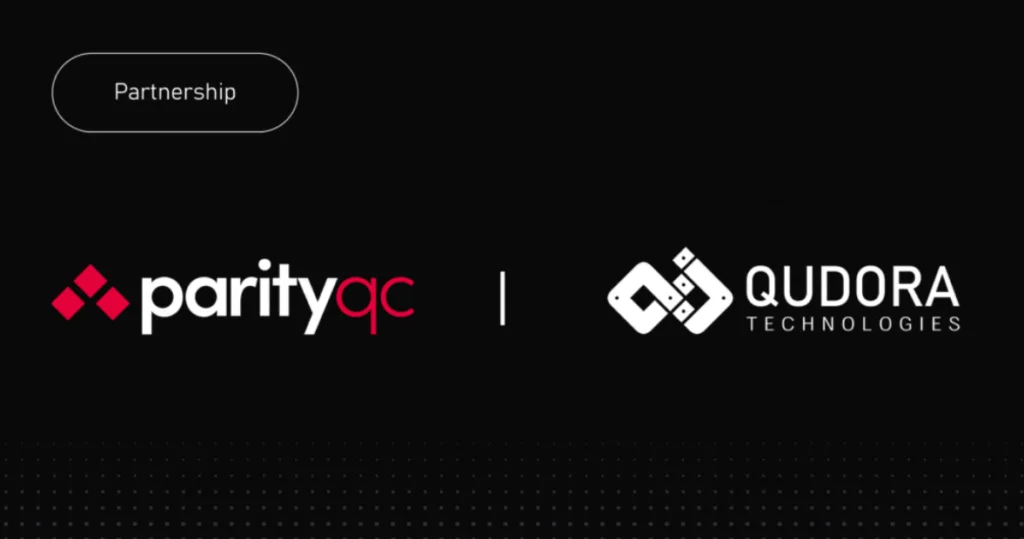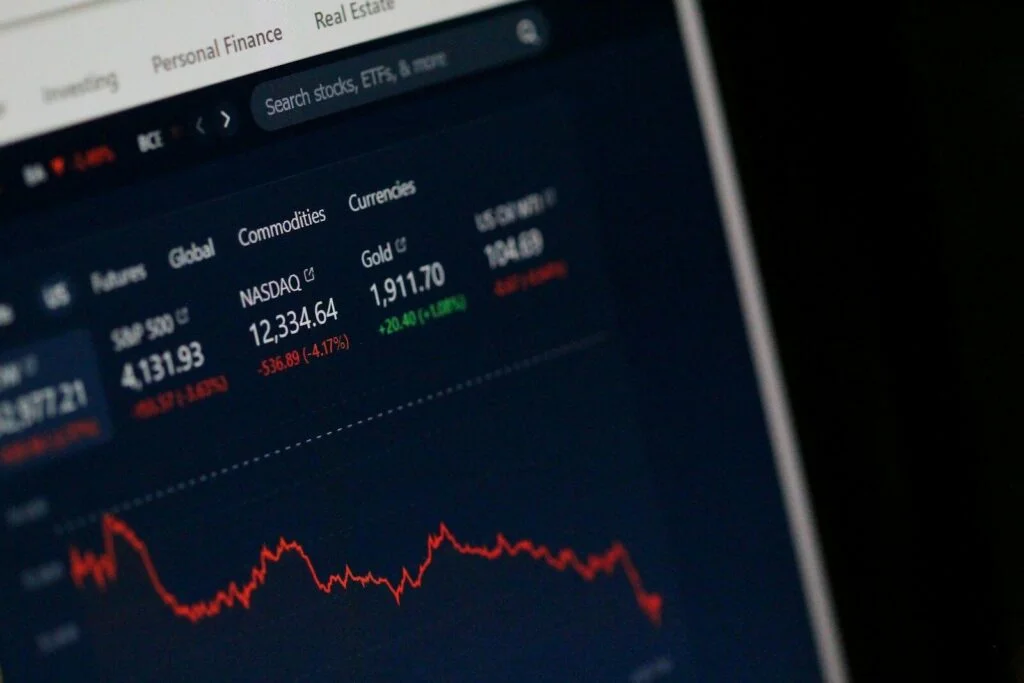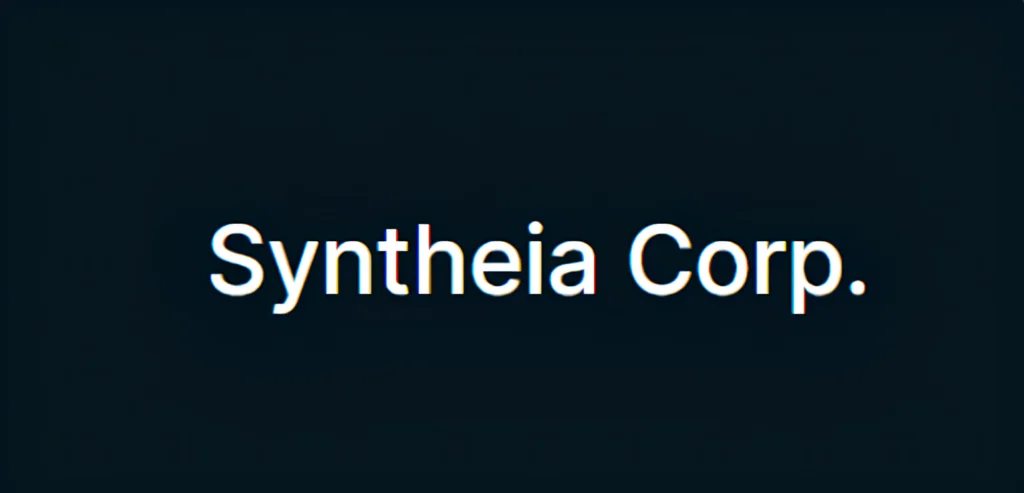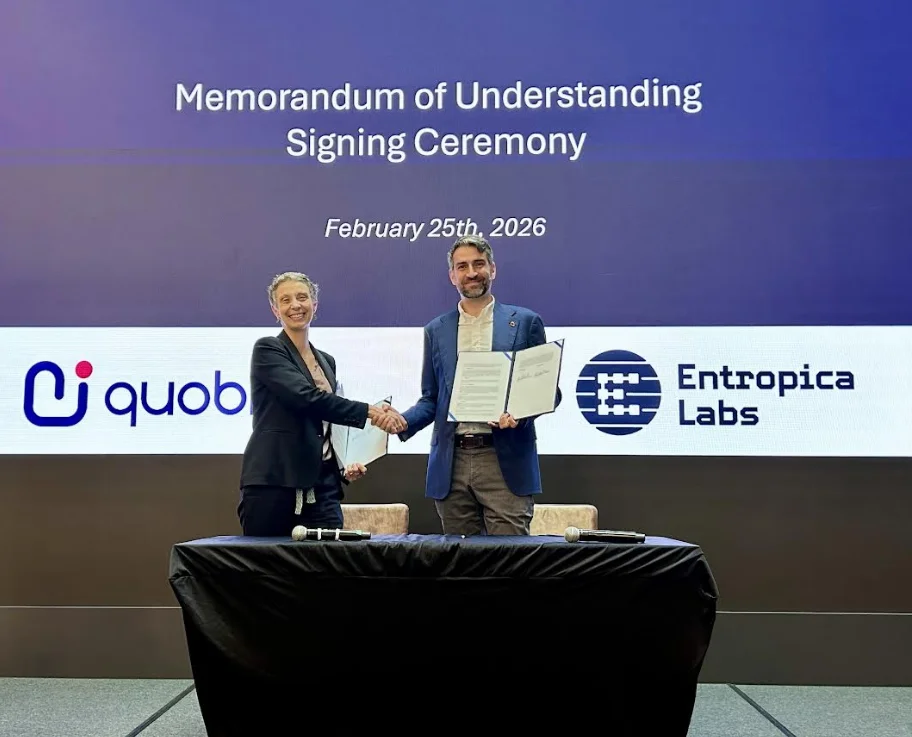Insider Brief
- Google Quantum AI has acquired Atlantic Quantum, an MIT-founded startup developing superconducting quantum hardware, to accelerate progress toward error-corrected quantum computers.
- Atlantic Quantum’s modular chip stack integrates qubits and superconducting control electronics within the cold stage, a design Google says will streamline scaling and strengthen its superconducting qubit roadmap.
- The deal underscores a broader industry trend of major technology companies absorbing research-intensive startups to advance quantum computing, a field still years from large-scale commercial deployment.
Atlantic Quantum, an MIT-founded startup developing superconducting quantum hardware, has joined Google Quantum AI in what looks like — but not, as of press time, spelled out officially in Google’s announcement — as an acquisition. The post does outline that the move is a way to fuel the race toward error-corrected quantum computers. The deal also brings Atlantic Quantum’s modular chip stack technology into Google’s quantum program, with the goal of addressing one of the sector’s central challenges: scaling systems to practical, fault-tolerant machines.
Founded in 2012, Google Quantum AI has pursued a roadmap centered on superconducting qubits, with milestones including the 2019 “quantum supremacy” experiment and the recently introduced Willow chip. Hartmut Neven, founder and lead of Google Quantum AI, wrote in a blog post that the integration of Atlantic Quantum’s approach — which combines qubits and superconducting control electronics within the same cold stage — will help streamline the hardware stack and enhance scalability, while taking the company closer to its goal of building quantum computers capable of solving problems intractable for classical machines.
Neven writes: “Atlantic Quantum is an MIT-founded startup that develops highly integrated quantum computing hardware. Its modular chip stack, which combines qubits and superconducting control electronics within the cold stage, will help Google Quantum AI more effectively scale our superconducting qubit hardware, and accelerate progress on our roadmap to a large error-corrected quantum computer and real-world applications.”

Atlantic Quantum’s Technology and Journey
Atlantic Quantum emerged from MIT in 2021, founded by a team of physicists focused on pushing superconducting qubit design beyond incremental improvements. The company’s main innovation lies in integrating control electronics with the quantum processor itself, reducing complexity and noise while enabling modular scaling.
The startup’s progress drew investor interest and early partnerships, but the reported acquisition by Google marks its most consequential step.
CEO Bharath Kannan described the path from whiteboard sketches to acquisition as a period of “managed chaos,” marked by rapid iteration and difficult decision-making.
“I knew building a company was hard,” Kannan writes in a LinkedIn post. “I didn’t yet understand how much of it is managed chaos—stringing together small wins, making tough calls with imperfect information, and learning fast when we’re wrong. The journey has been incredibly rewarding.”
He credited the founding team, investors and advisors with providing the resilience and support needed to navigate the challenges of commercializing cutting-edge hardware.
The People Behind the Transition
In the post, Kannan publicly thanked co-founders Will Oliver, Simon Gustavsson, Jonas Bylander, Tim Menke, Youngkyu Sung, Leon Ding and Shereen Shermak for shaping Atlantic Quantum’s trajectory. He also acknowledged a wide network of advisors and backers who believed in the company’s vision. The announcement emphasized the collaborative culture of Atlantic Quantum and the role of its engineers and researchers in advancing superconducting designs.
For Google, the integration is not only about technology but also about talent. By bringing Atlantic Quantum’s researchers and engineers under its umbrella, Google deepens its bench of quantum expertise while continuing to anchor its program in superconducting qubits, a domain where it faces stiff competition from large corporations, fast-growing scale-ups and hangry startups.
Broader Industry Context
The acquisition comes amid waves of global investment in quantum computing over the past few weeks and months, with governments and corporations positioning themselves in what is widely viewed as a long-term race. While the technology may still remain years from widespread commercial deployment, the consolidation of startups into major technology companies has become a common pattern, reflecting the capital intensity and technical difficulty of the field.
Atlantic Quantum’s absorption into Google may reflect a trend where research-intensive startups serve as accelerants for larger corporate quantum programs, rather than going it alone as independent system builders.
The teams say this isn’t the end — and the real work has just started.
The journey does not stop here,” said Simon GustavssonSimon Gustavsson Co-Founder and CTO of Atlantic Quantum, writes on a LinkedIn post. “As part of Google Quantum AI, we will continue our mission towards building large error-corrected quantum computers for real-world applications. We are excited to make this reality!”
Requests for comment on the nature of the partnership were sent to Google Quantum AI, which has not provided a response at this time.















